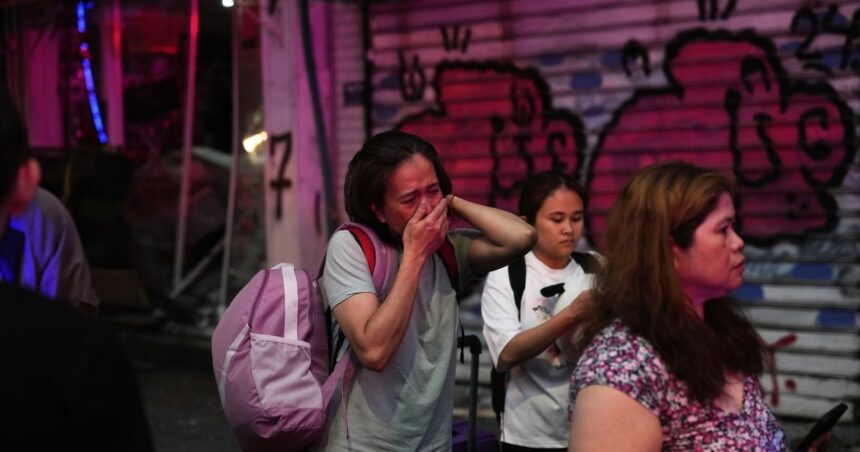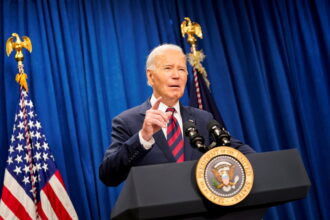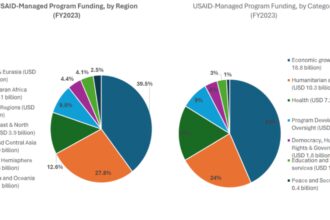In a dramatic escalation that threatens to push the Middle East closer to all-out regional war, Iran launched a fresh barrage of missiles targeting Israel late Tuesday, killing at least five people and wounding dozens more. The attack marks Tehran’s second direct military assault on Israeli territory this year, shattering the fragile calm that diplomatic efforts had struggled to maintain.
The missiles began raining down shortly after 7:30 PM local time, triggering air raid sirens across central and northern Israel. Israeli military officials confirmed that approximately 180 projectiles were fired, with Israel’s sophisticated Iron Dome defense system intercepting many but not all of the incoming threats.
“We witnessed an unprecedented attack volume that tested even our most advanced defense capabilities,” said IDF spokesperson Rear Admiral Daniel Hagari during an emergency press briefing. “The Iranian regime has chosen the path of escalation despite clear warnings from the international community.”
Emergency services reported that a residential building in Tel Aviv suffered a direct hit, while significant damage occurred in several communities near Haifa. Among the five confirmed fatalities was a 7-year-old child, according to Israeli health officials. Hospitals across central Israel reported treating over 60 people for injuries ranging from shrapnel wounds to trauma from rushing to shelters.
The attack comes amid rising tensions following last week’s assassination of Hamas political leader Ismail Haniyeh in Tehran, which Iran blamed directly on Israel. Though Israel has not claimed responsibility for Haniyeh’s death, Iranian Supreme Leader Ayatollah Ali Khamenei vowed “harsh punishment” in its aftermath.
“The Islamic Republic has exercised its legitimate right to self-defense against the Zionist regime’s aggression,” Iran’s UN mission stated shortly after the missile launches. “Our response is measured and proportionate to repeated Israeli violations of our sovereignty.”
In Washington, President Biden convened an emergency National Security Council meeting, later condemning the Iranian attack in the strongest terms. “The United States stands unwaveringly with Israel and will ensure it has everything needed to defend itself against Iranian aggression,” Biden said, while urging restraint from all parties.
Regional financial markets reacted immediately, with oil prices surging over 4% on fears that Israeli retaliation could target Iranian energy infrastructure. The Israeli shekel dropped to its lowest value against the dollar in nearly three years as investors sought safer havens.
Military analysts monitoring the situation describe this latest exchange as potentially more dangerous than April’s missile volley, which caused minimal damage. “Iran appears to have adjusted its targeting approach and missile trajectory calculations,” explained Dr. Elana Marcowitz, defense analyst at the Toronto Institute for Strategic Studies. “This suggests Tehran is prepared for a more sustained confrontation.”
The United Nations Security Council has scheduled an emergency session for tomorrow, though previous diplomatic efforts to contain the widening conflict have yielded limited results. UN Secretary-General António Guterres appealed for “maximum restraint” while warning that the region stands at “the edge of a precipice.”
As Israeli security cabinet meetings continue into the night, the question facing regional powers and the international community is not just how Israel will respond, but whether diplomatic channels remain open enough to prevent the conflict from spiraling beyond control. With each missile exchanged, is the Middle East witnessing the early stages of a war that could reshape the region for generations to come?
For continuing coverage of this developing situation, visit our World News section.










